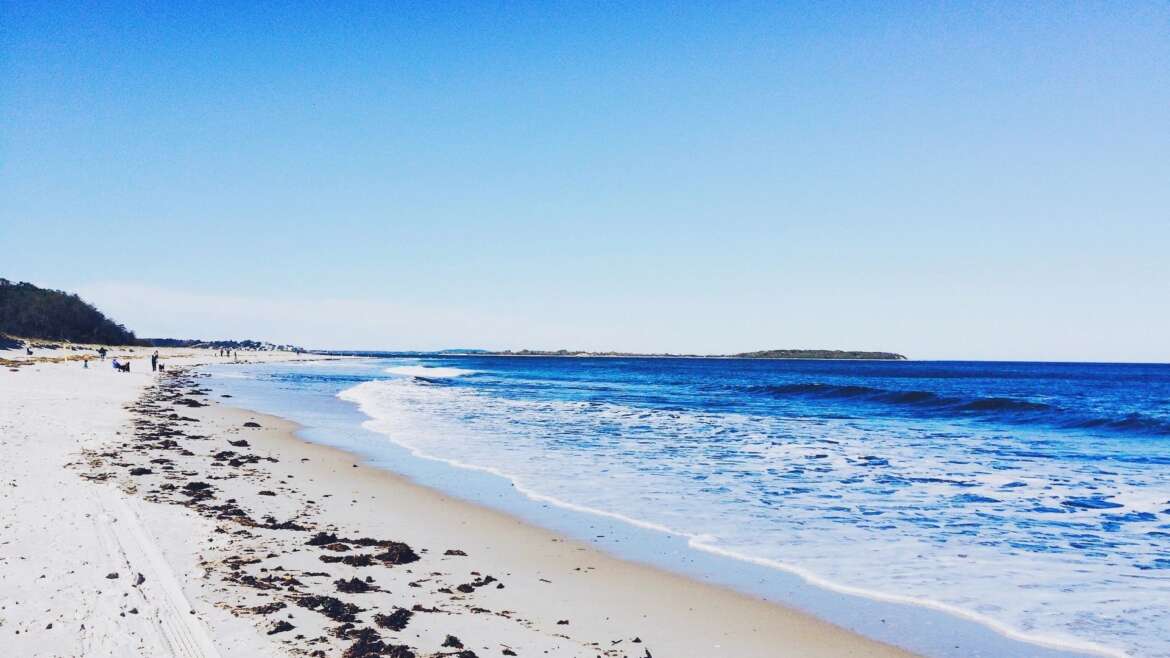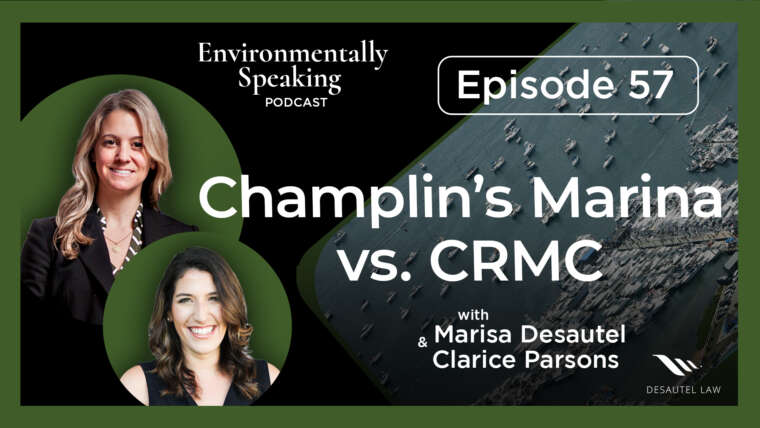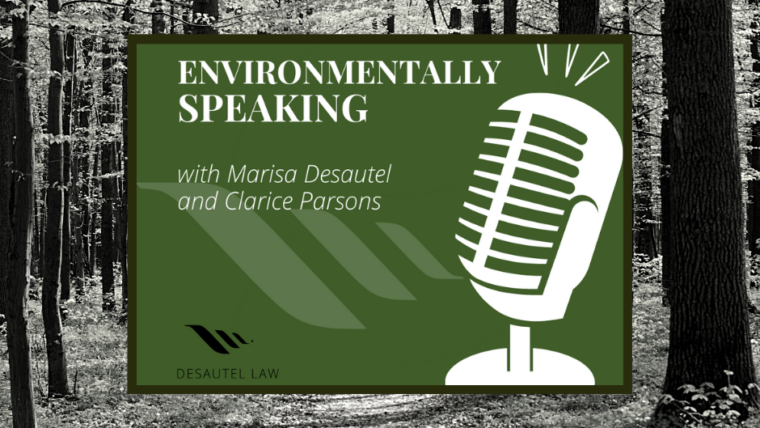On Tuesday, March 31, 2020, Governor Gina Raimondo announced she is closing down the state park and beach parking lots in R.I., effective April 3, 2020. This was done in response to the unacceptable number of people in close proximity within these places. The Rhode Island Department of Environmental Management staff had been tracking the number of visitors, and sent these numbers to the Department of Health.
Violations of the State’s Constitution?
The Ocean State protects the people’s shoreline rights and privileges. So, Governor Raimondo’s action raises the question: if the state were to close the beaches entirely, would that order be unconstitutional and give rise to civil lawsuit claims? These civil lawsuits would be based on rights stemming from the state constitution. The possibility is likely one of the reasons why the closures have extended only to the parking lots for now. The state is hoping to lower the number of people accessing the parks and beaches for public health. But, access is still available for those who don’t use the parking lot.
Article I, Section 17 of the Rhode Island Constitution states that “[t]he people shall continue to enjoy and freely exercise all the rights of fishery, and the privileges of the shore, to which they have been heretofore entitled under the charter and usages of this state, including but not limited to fishing from the shore, the gathering of seaweed, leaving the shore to swim in the sea and passage along the shore; and they shall be secure in their rights to the use and enjoyment of the natural resources of the state with due regard for the preservation of their values. . .”
The General Assembly has a duty through this Section “to provide for the conservation of the air, land, water, plant, animal, mineral and other natural resources of the state, and to adopt all means necessary and proper by law to protect the natural environment of the people of the state by providing adequate resource planning for the control and regulation of the use of the natural resources of the state and for the preservation, regeneration and restoration of the natural environment of the state.”
The Public Shoreline
The issue of what constitutes “the shore” has been simmering for decades. It began with the proverbial line in the sand in 1982, distinguishing between the public shore and private land in a criminal case, State v. Ibbison. The Supreme Court in Ibbison held that the “mean high tide line” is the boundary line, based on previous holdings from civil lawsuits. The Court also found that evidence of an alleged trespasser’s intent must be proven. The party trespassing must have knowledge of the boundary line location and must have intended to cross it.
The issue was highlighted again in 2019, when a man was arrested for trespassing while collecting seaweed from the shore. Surprisingly enough, seaweed collection is explicitly listed in the state constitution – seaweed was and is still used as a fertilizer for crops and in gardens. The charge was later dropped, though the man initiated a civil lawsuit, which settled.
Public access to the shoreline was again brought to the forefront this year by members of the R.I. General Assembly. They sought to amend legislative language by decriminalizing trespassing within ten feet of the most recent high tide line. Time will tell if that bill passes, and whether it will be challenged by private littoral owners through civil lawsuits claiming it is a regulatory taking.
It will be important to follow the state’s actions regarding the beaches, to see if full beach closures will occur. If so, it’s possible we’ll see a civil lawsuit regarding beach and shoreline access.
If you have questions about shoreline access or property rights, you can discuss this with our attorneys. Call us at 401.477.0023 or email any of our attorneys.


